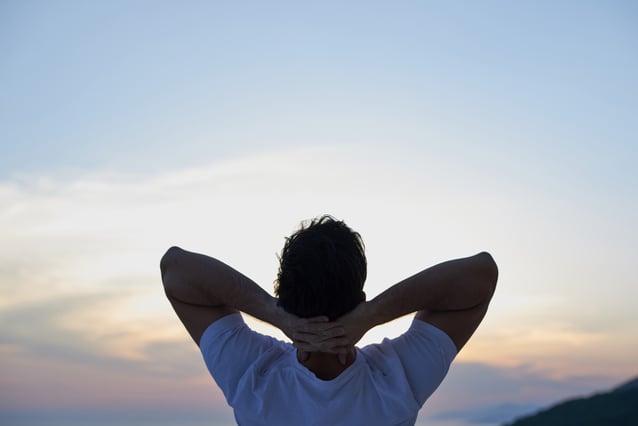 When planning a trip, airfare and accommodations take center stage, but ensuring a seamless, worry-free vacation involves more than booking. If you aspire to an illness-free adventure (and who doesn't?), packing your essential herbal travel emergency kit is as crucial as your tickets and reservations. Don't embark on your journey without it
When planning a trip, airfare and accommodations take center stage, but ensuring a seamless, worry-free vacation involves more than booking. If you aspire to an illness-free adventure (and who doesn't?), packing your essential herbal travel emergency kit is as crucial as your tickets and reservations. Don't embark on your journey without it
A smooth stomach is a travel pleasure, but things often don’t go your way. All that flying and driving can lead to a pretty snarly tummy. If you get queasy all too easy, think ginger. Ayurveda calls ginger the "universal medicine", and for good reason—it's a medicine cabinet in a jar. Ginger has long been recommended as a remedy for many conditions, but no condition has been studied more in connection with ginger than nausea.
Scientists have found in various studies that it eases nausea and vomiting stemming from motion sickness. In an experiment with 28 patients, ginger reduced nausea and reduced the use of antiemetic medications.
Using Herbs to Aid Digestion While Traveling
Ginger’s effect on motion sickness and nausea has been thoroughly proven, so it’s not surprising that travelers use ginger in tea for indigestion. It reduces spasms, absorbs and neutralizes toxins in the gastrointestinal tract and increases the secretion of digestive juices, including bile and saliva. Ginger contains ingredients that soothe the gut and aid digestion by increasing peristalsis (moving food through the intestinal tract). Several studies from India demonstrated that ginger speeds up the time it takes the stomach to empty, a benefit for feelings of abdominal discomfort and bloating. Enjoy ginger tea or take capsules as needed.
And who doesn’t get constipated when traveling? For an easy fix, turn to Chinese rhubarb root. Rhubarb is a cold, bitter laxative, a bile promoter, which enhances bowel movements. Widely well tolerated, rhubarb root can be used for a broad range of people and constipation conditions. Use 3-12 grams, to bowel tolerance, per day, in capsules. Use it with warming carminatives, such as fennel or cinnamon, to avoid cramping. This herb is milder than senna leaf or cascara bark and less likely to create any side effects.
Which Herbs Help with Jet Lag?
You’ve finally made it to Paris. Now you’re awake all night and sleepy all day. What to do? Well, valerian root (Valeriana officinalis) might just help with the jet lag monster. Valerian is a medium strength herb, which makes it quite suitable for self-care. While powerful enough that you don’t need a high dose, it’s not so strong that you could accidentally take too much. It has a calming effect on the autonomic nervous system and is a good short-term sedative that works quickly, offering a healthy, nontoxic alternative to strong prescription drugs.
Take valerian is right at bedtime for help falling asleep. The root decreases the amount of time it takes to fall asleep, but, since it is normally effective for about 4 hours, doesn’t necessarily work on the duration of sleep. Recent scientific investigations have found that constituents in valerian bind to GABA receptors, the same mechanism as Valium-type drugs. And, unlike drug options for jet lag, it is safe. A recent paper said that valerian root is well tolerated and safe, with infrequent and benign side effects.
A paper in Phytotherapy Research reported that 19 patients with stress-induced insomnia who each received just 600 mg of valerian per day for 6 weeks had significant reductions in total stress and insomnia. The majority had no side effects whatsoever. A recent German placebo-controlled study found that a valerian extract herb combination was effective as a single bedtime dose. Also in 2008, a study in Phytomedicine found that it has a pronounced anxiolytic effect and an antidepressant benefit.
Suitcase packed? Now throw in some herbal care for minor emergencies. Is that the taxi arriving outside?


